Allen Hale Johnson, known professionally as Hale Johnson, was born on December 25th of 1937 to parents Louise and Lawrence Johnson. Hale reflects on his childhood, writing “The key is to have passion. What a gift that is. My parents gave me a little talent and I’ve tried not to abuse it. I feel lucky”. This appreciative nature and desire to nurture his creativity would go on to define all corners of Hale’s life – from his career, to his marriage, to the way he loved his golden retrievers.
He married his wife, Lorraine Karaffy on October 7, 1961 at Narrow Memorial Methodist Church of Maplewood, New Jersey. Hale spent some of the early years of his marriage stationed at Fort Dix, New Jersey, with both the ins and outs of his experiences there as well as the dynamics of his relationship beautifully encapsulated within the abundance of correspondence within this collection.
Their lives, both as a unit and as individuals, were defined by their love for art, beautiful places, and each other. Lorraine went on to work as a florist, spending her free time giving back to the community through volunteer work at places like the Greenfield Public Library. Hale went on to have a successful career painting very detailed landscapes – booking one-man exhibitions with galleries such as, but not limited to, The Tilting Windmills, The Harrison Gallery, William Baczek Fine Arts, and The Greylock Gallery. The subject matter of these works typically revolve around Western Massachusetts, broadly New England, and coastal Maine, aiming to capture the richness of the landscapes, void of people.
Lorraine and Hale eventually settled at a home in Colrain, Massachusetts, which is where they would stay for the remainder of their adult lives. This property and the many people who would come to visit it over the years, are a recurring subject in his personal photographs.
Hale and Lorraine stayed together until her passing on November 10, 2019. Hale made a large donation of $500,000 in her name to the Greenfield Public Library, which at the time was undergoing a major reconstruction project. The reading room of the Greenfield Public Library is now dedicated to Lorraine Johnson due to this hefty contribution.
The A. Hale Johnson Papers consists of a mix of documents and ephemera spanning from the mid-19th century to 2022. Included in the collection is correspondence, records and photographs covering two main categories: his professional work as a landscape painter and his personal life, spanning from his time as a young man in the military all the way through his older years as an established member of his community.
Gift of A. Hale Johnson, 2023
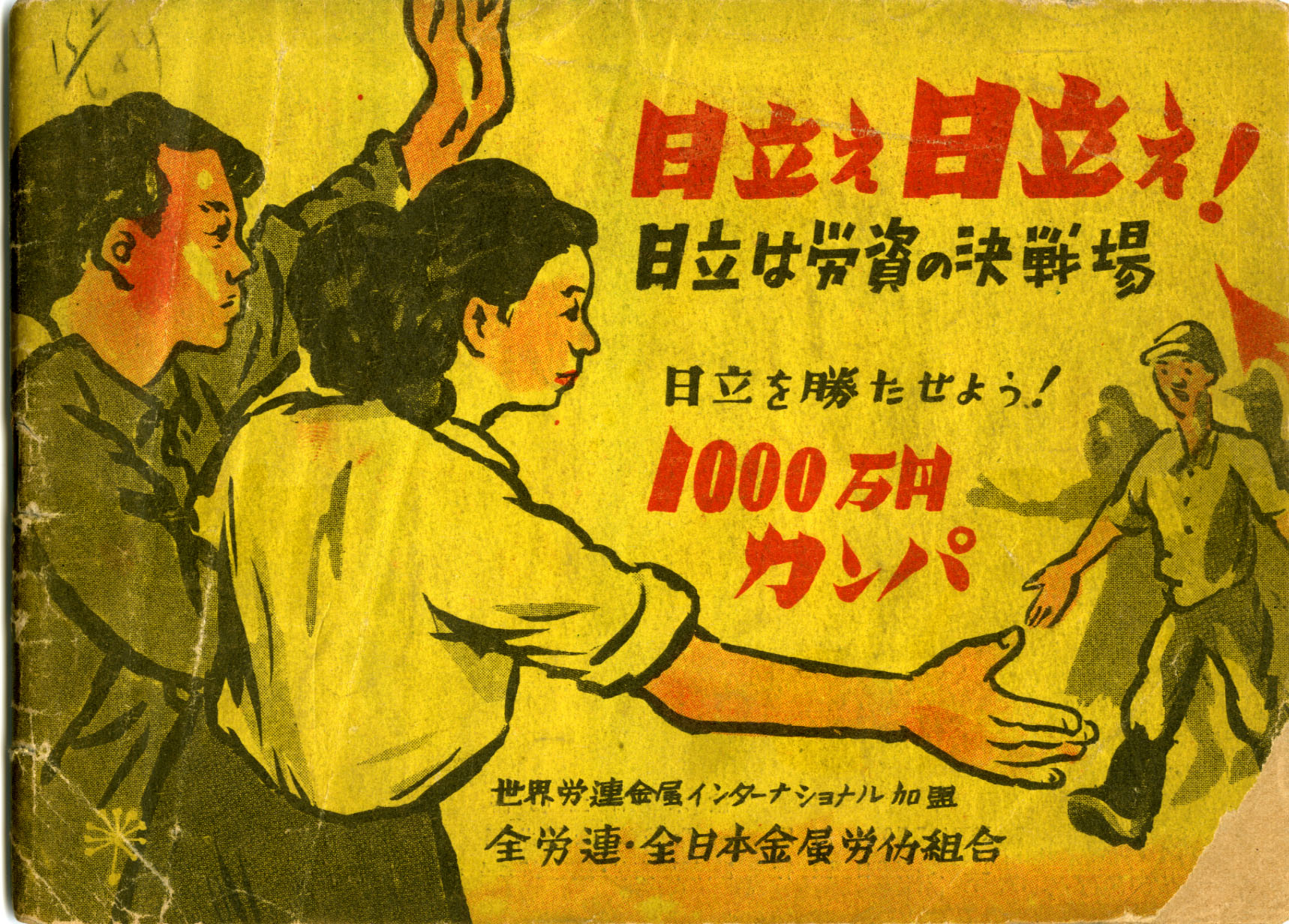


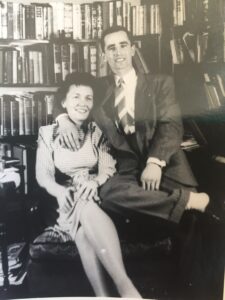
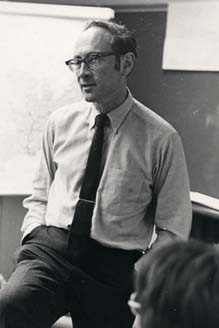
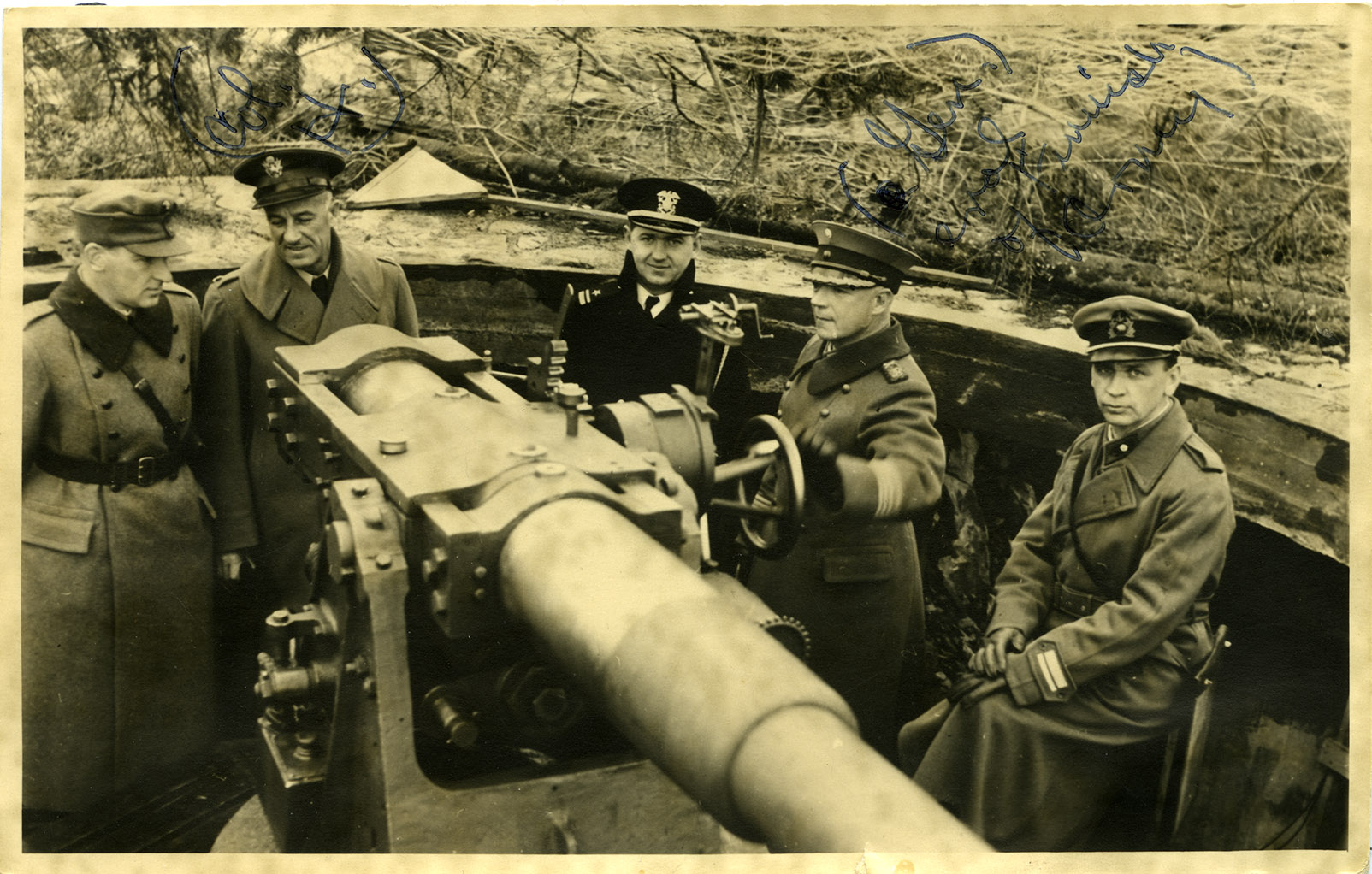
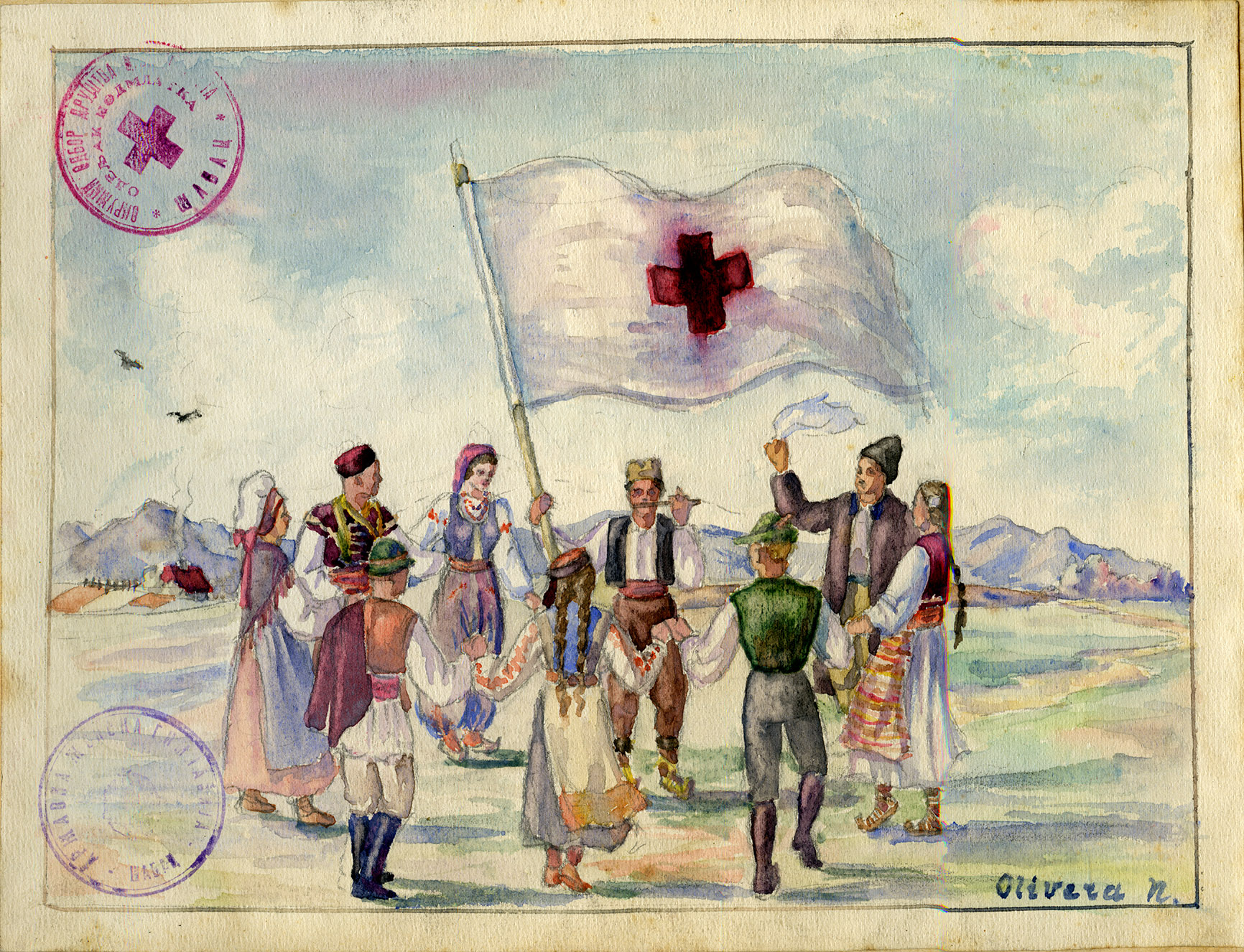
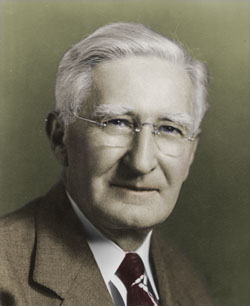
 View
View